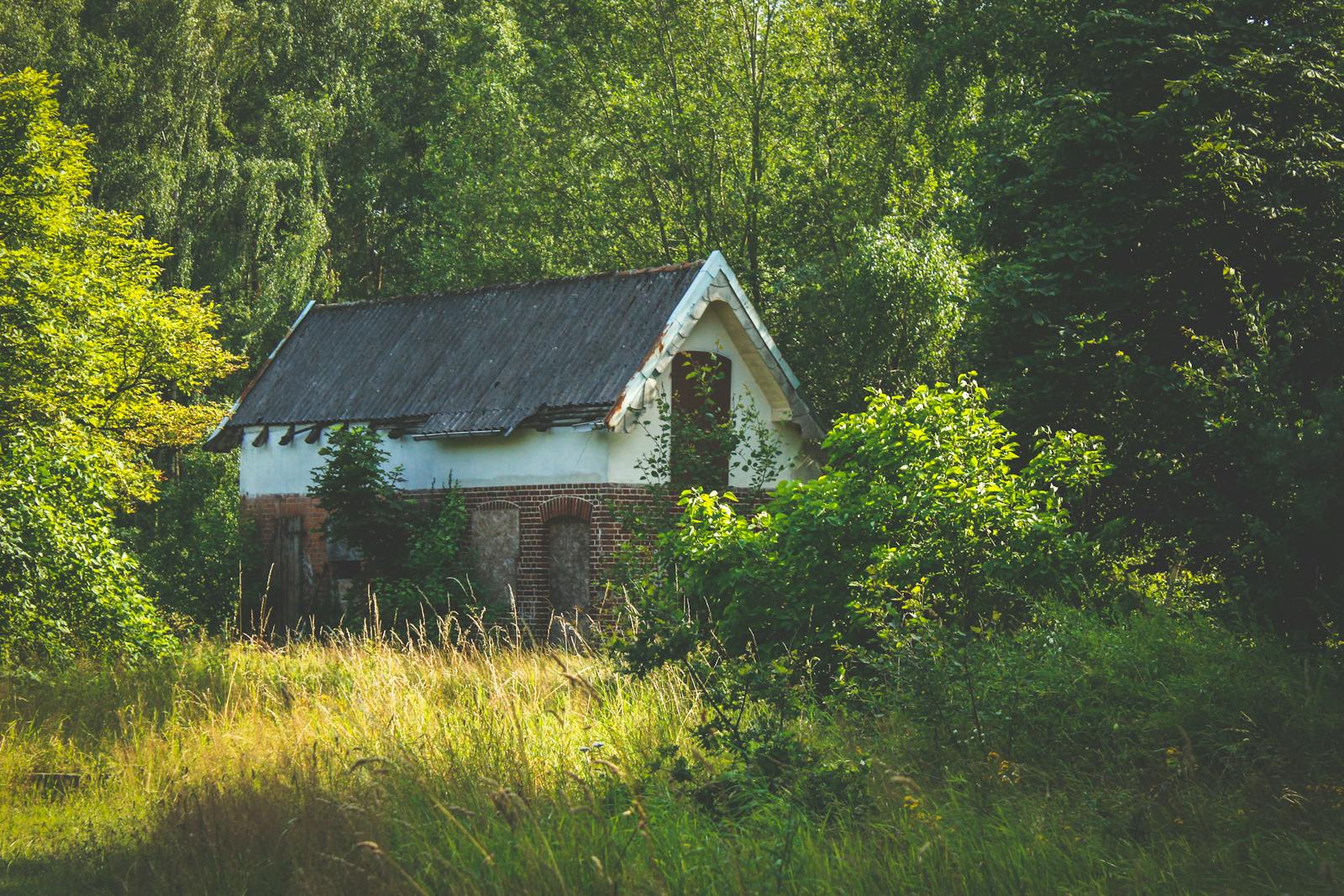As a dedicated lawyer at BruegelPC, I often hear from clients who face a unique challenge: owning landlocked property. This type of property can create significant issues, as it lacks direct access to public roads. In this article, I’m going to explain why understanding your rights and legal options is crucial if you find yourself in this situation. Stick with me, and you’ll gain insights that could save you time, stress, and money.
From the point of view of access rights, landlocked property means that the owner has no direct path to a public road. They may need an easement, which is legal permission to use another person’s land to reach their own. This can be resolved through agreements or legal action.
What is Landlocked Property?
Landlocked property is real estate without direct public road access.
All in all, a landlocked property is a piece of land that is completely surrounded by other properties and does not have direct access to a public road. This can make it hard for the owner to reach and use their land.
Sometimes, owners of landlocked properties can get permission to cross neighboring lands to access their property. This might involve making agreements with the neighbors or going through legal steps to secure access rights.
Owning a landlocked property can be tricky, especially when trying to develop or use the land. Without a road, it can be hard to transport building materials or to get utilities like water and electricity. Because of these challenges, landlocked properties might be worth less than similar properties with easy road access.
Challenges of Owning Landlocked Property
Owning landlocked property can be intriguing due to the unique logistical challenges and creativity required for access solutions.
Largely without a legal right of way, getting in and out of the property can be tough, which makes it hard to use or develop the land. Getting an easement, or right of way, might take a lot of time and money, and you might have to negotiate with neighbors or go through legal processes.
Also, landlocked properties might not have easy access to utilities like water, sewer, or electricity, which can make development more expensive and complicated. Without these basic services, the land might not be very attractive to buyers or investors.
Honestly, buying or selling landlocked property can be tricky too. Because of the access problems, buyers might be put off, leading to longer times on the market or lower offers. This can affect how much you can sell the property for.
Legal Rights for Landlocked Property Owners
Looking at what was said before, landlocked property owners have legal rights to access roads.
Essentially, speaking, if you own land that doesn’t have direct access, you might need to get permission to cross neighboring property. This can be done through an easement or other legal agreements. Laws exist to help landowners in such situations, though they differ depending on where you live.
In the most basic sense, common solutions include making deals with neighbors to create an easement, asking the court for access rights, or applying for a legal right of way. Knowing your rights is important because, without proper access, you might not be able to fully use or develop your land. Consulting a real estate attorney can guide you through these processes and help protect your interests.
How to Gain Access to Landlocked Property
As noted earlier, gaining access to landlocked property can involve negotiating easements, which are rights to cross neighboring lands.
In other words, if you need to get access to your property through a neighbor’s land, here are some simpler options to consider:
- Negotiate with Your Neighbor: You can talk to your neighbor about creating an agreement that allows you to legally use their land to access your property. This agreement would outline the terms and conditions in writing.
- Seek Help from Authorities or Land Trusts: You might also ask your local government or a private land trust if they can help create a legal access route for you.
At its simplest, Claim a Prescriptive Easement: If you’ve been using part of the neighbor’s land openly and continuously for a long time, you might be able to gain legal access through what’s called a prescriptive easement. This can be complicated, so you should talk to a real estate lawyer to understand the process.
- Buy Access Rights: Another option is to buy an existing access road or right of way from a neighbor.
Whichever approach you take, it’s very important to do thorough research and get professional advice to ensure you gain legal access to your property in a proper and sustainable way.
Solutions for Landlocked Property Access Issues

Reviewing earlier themes, easements can unlock access for landlocked properties by legally allowing passage through a neighboring property to reach a public road.
For the most part, if your property is surrounded by other properties and you can’t get to a road, there are a few things you can do:
- Buy a Path: You can ask a nearby landowner if you can buy a strip of their land to reach the road.
- Use it for a Long Time: If you’ve been using a path through someone’s land for many years without trouble, you might be able to claim the right to keep using it.
- Go to Court: You can ask a judge to give you the right to use an existing path if it’s necessary and has been used in the past.
- Build a Road: With permission from a neighbor, you might be able to build your own road or driveway to connect to the main road.
It’s wise to talk to a real estate lawyer or a land expert to find the best way to solve your problem of getting access to your land.
In Final Consideration
As we already explored, in conclusion, owning a landlocked property can present challenges and limitations in terms of accessibility and potential development. However, there are legal solutions available such as acquiring an easement or negotiating with adjacent landowners.
What BruegelPC is recommending to keep up with is, it is very important for landowners to conduct thorough research and seek professional advice when dealing with landlocked properties. Ultimately, addressing the issue of landlocked property can help maximize its value and potential.

